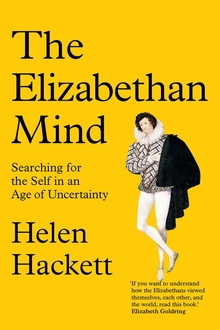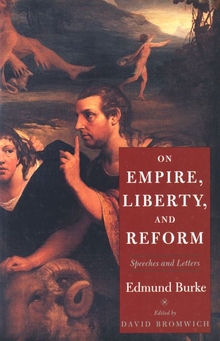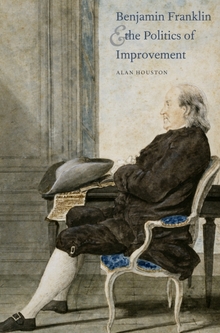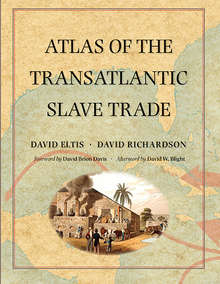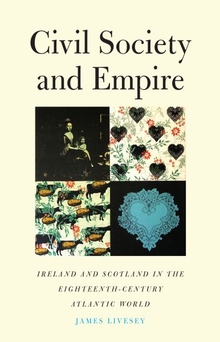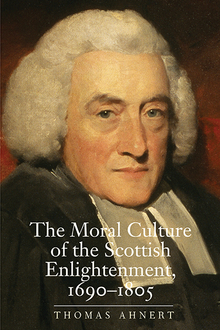1688
WARNING
You are viewing an older version of the Yalebooks website. Please visit out new website with more updated information and a better user experience: https://www.yalebooks.com
The First Modern Revolution
Steve Pincus
Out of Print
Listen to the music of 1688
Based on new archival information, this book upends two hundred years of scholarship on England’s Glorious Revolution to claim that it—not the French Revolution—was the first truly modern revolution
For two hundred years historians have viewed England’s Glorious Revolution of 1688–1689 as an un-revolutionary revolution—bloodless, consensual, aristocratic, and above all, sensible. In this brilliant new interpretation Steve Pincus refutes this traditional view.
By expanding the interpretive lens to include a broader geographical and chronological frame, Pincus demonstrates that England’s revolution was a European event, that it took place over a number of years, not months, and that it had repercussions in India, North America, the West Indies, and throughout continental Europe. His rich historical narrative, based on masses of new archival research, traces the transformation of English foreign policy, religious culture, and political economy that, he argues, was the intended consequence of the revolutionaries of 1688–1689.
James II developed a modernization program that emphasized centralized control, repression of dissidents, and territorial empire. The revolutionaries, by contrast, took advantage of the new economic possibilities to create a bureaucratic but participatory state. The postrevolutionary English state emphasized its ideological break with the past and envisioned itself as continuing to evolve. All of this, argues Pincus, makes the Glorious Revolution—not the French Revolution—the first truly modern revolution. This wide-ranging book reenvisions the nature of the Glorious Revolution and of revolutions in general, the causes and consequences of commercialization, the nature of liberalism, and ultimately the origins and contours of modernity itself.
"Mr. Pincus’s cogently argued account of what really happened during
England’s revolution destroys many comforting notions that have prevailed for more than 200 years. . . . It leaves the reader with something much more exciting: a new understanding of the origins of the modern, liberal state."—Economist
"We all know that the year 1688 is a milestone in
England's history; now, thanks to Steve Pincus, the book 1688 will be a milestone in its historiography. Pincus transforms what once seemed a peaceful compromise among agreeable aristocrats into a fractious and all-encompassing crisis, the ‘first modern revolution.’ Provocative, erudite, and accessible, 1688 is a must read for anyone interested in seventeenth-century Europe and its possessions."—Cynthia Herrup, University of Southern California
"A magnificent, fully documented, very well written study of how the first thorough-going modern revolution was achieved with effort and against substantial obstacles over several years. It was bloody and popular, not merely a palace coup achieved with little loss of life, as is commonly held. Taking a broader chronological view and considering more aspects of society than previous historians, Pincus convincingly shows how England had become a commercial society by the 1680s, and the race was on to harness new wealth—a race between the absolutist modernizing vision of James II and the more tolerant and liberty-minded vision of his opponents. What emerged was the first modern state, with independent financial institutions and a strong sense of national and civil, as opposed to confessional, interest. The triumph of William III and his supporters was a conscious re-ordering of the place of the three kingdoms on the European and world stage. Pincus's commitment to vigorous argument (in which he overturns many received views; his definition of revolution itself is bracingly refreshing) makes this book exciting reading, and will raise fascinated interest in the late 17th-century for many years to come. For anyone interested in modern liberal society, its origins, and why it is worth defending, this book is indispensable."—Nigel Smith,
Princeton University
"A magnificent, fully documented, very well written study of how the first thorough-going modern revolution was achieved with effort and against substantial obstacles over several years. Pincus overturns many received views: this book will raise fascinated interest in the late seventeenth century for many years to come, making it indispensable reading."—Nigel Smith, Princeton University
"One of the most ambitious works of history to appear in recent years--a radical reinterpretation of events that intends not merely to update and improve prior accounts but to vanquish them conclusively. The book is a marvel of scholarship."—The National
A finalist in the category of Nonfiction for the 2010 Connecticut Book Award, given by the Connecticut Center for the Book
Publication Date: September 29, 2009
72 b/w illus.



